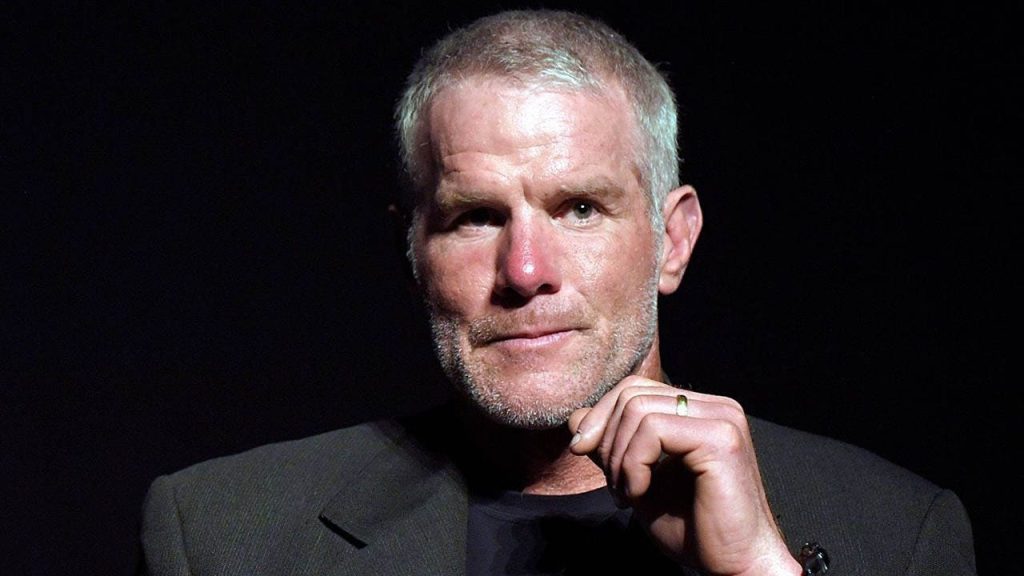Fifteen years after being targeted in the infamous “Bountygate” scandal, NFL Hall of Fame quarterback Brett Favre reflected on the incident, offering a nuanced perspective devoid of resentment. In 2009, the New Orleans Saints, vying for Super Bowl contention, implemented a bounty system that incentivized their players to injure opponents, with Favre, then quarterback of the Minnesota Vikings, featuring prominently on their list. The Vikings represented the Saints’ most significant hurdle in the NFC, and the bounty system underscored the high stakes of their rivalry. Despite the controversy surrounding the game, Favre maintained a sportsmanlike attitude, choosing to focus on his own performance rather than harboring ill will towards the Saints.
Favre’s recent comments on X (formerly Twitter) revealed his unwavering commitment to the game’s inherent physicality and his refusal to use the bounty program as an excuse for the Vikings’ loss. He acknowledged the constant threat of injury in professional football and emphasized his focus on playing within the rules. His philosophy was rooted in self-improvement, viewing setbacks as motivation to work harder and strive for victory in future encounters. This mindset extended even to the Saints’ Super Bowl victory, which Favre openly supported despite his own team’s heartbreaking loss in the NFC Championship game. His admiration for Drew Brees and Sean Payton, then the Saints’ quarterback and head coach, respectively, remained unchanged, highlighting Favre’s respect for the game and its players, even amidst controversy.
The NFC Championship game itself was a dramatic overtime thriller, culminating in a 31-28 victory for the Saints. While Favre escaped serious injury, he endured multiple hard hits and ultimately threw the game-deciding interception. Looking back, Favre expressed a desire to have those crucial plays back, acknowledging his role in the Vikings’ defeat. His focus remained on self-improvement and the possibility of a different outcome had he performed at his best. This self-critical approach further underscores Favre’s character and his commitment to personal responsibility within the context of a team sport. He didn’t shy away from the fact that his own performance could have altered the course of the game, regardless of the external factors at play.
The fallout from the bounty scandal proved to be a significant chapter in NFL history, resulting in severe penalties for the Saints organization and several key personnel. The NFL’s investigation revealed a systematic approach to injuring opponents, with players receiving cash rewards for “knockouts” and “cart-offs.” The league handed down unprecedented sanctions, including a year-long suspension without pay for head coach Sean Payton, an indefinite suspension (later rescinded) for defensive coordinator Greg Williams, the mastermind behind the scheme, and suspensions and fines for other members of the coaching staff and players involved. The Saints organization was also fined $500,000 and forfeited draft picks, highlighting the league’s commitment to addressing the serious ethical and competitive breaches.
The depth and breadth of the Saints’ bounty program were truly shocking. The league’s investigation uncovered a scheme involving as many as 27 players and at least one assistant coach, illustrating a culture that prioritized winning at any cost. The existence of a cash pool, funded by players, further emphasized the premeditated nature of the scheme. The specific payouts – $1,500 for knocking a player out of the game and $1,000 for forcing a player to be carted off the field – underscored the callous disregard for player safety. The scandal served as a stark reminder of the potential for unethical behavior within the highly competitive world of professional sports and prompted a league-wide reassessment of player safety protocols and ethical guidelines.
Brett Favre’s response to the “Bountygate” scandal stands in stark contrast to the gravity of the situation. His refusal to harbor resentment, his focus on self-improvement, and his continued respect for his opponents offer a valuable lesson in sportsmanship and personal accountability. While the Saints’ actions were undoubtedly unethical and detrimental to the integrity of the game, Favre’s reaction showcases a higher ground, prioritizing self-reflection and a love for the game over bitterness and blame. His story offers a poignant reminder that even in the face of adversity and unfair circumstances, maintaining a positive attitude and focusing on personal growth can be more rewarding than dwelling on past grievances. His mature and thoughtful response adds another layer to his legacy, portraying him not only as a legendary quarterback but also as a man of principle and resilience.

